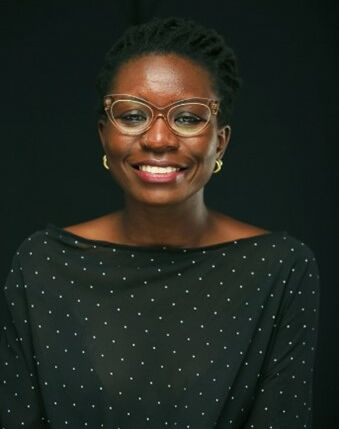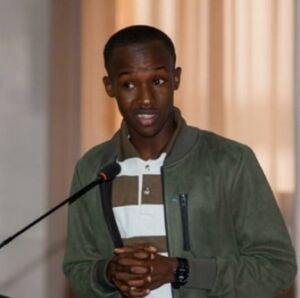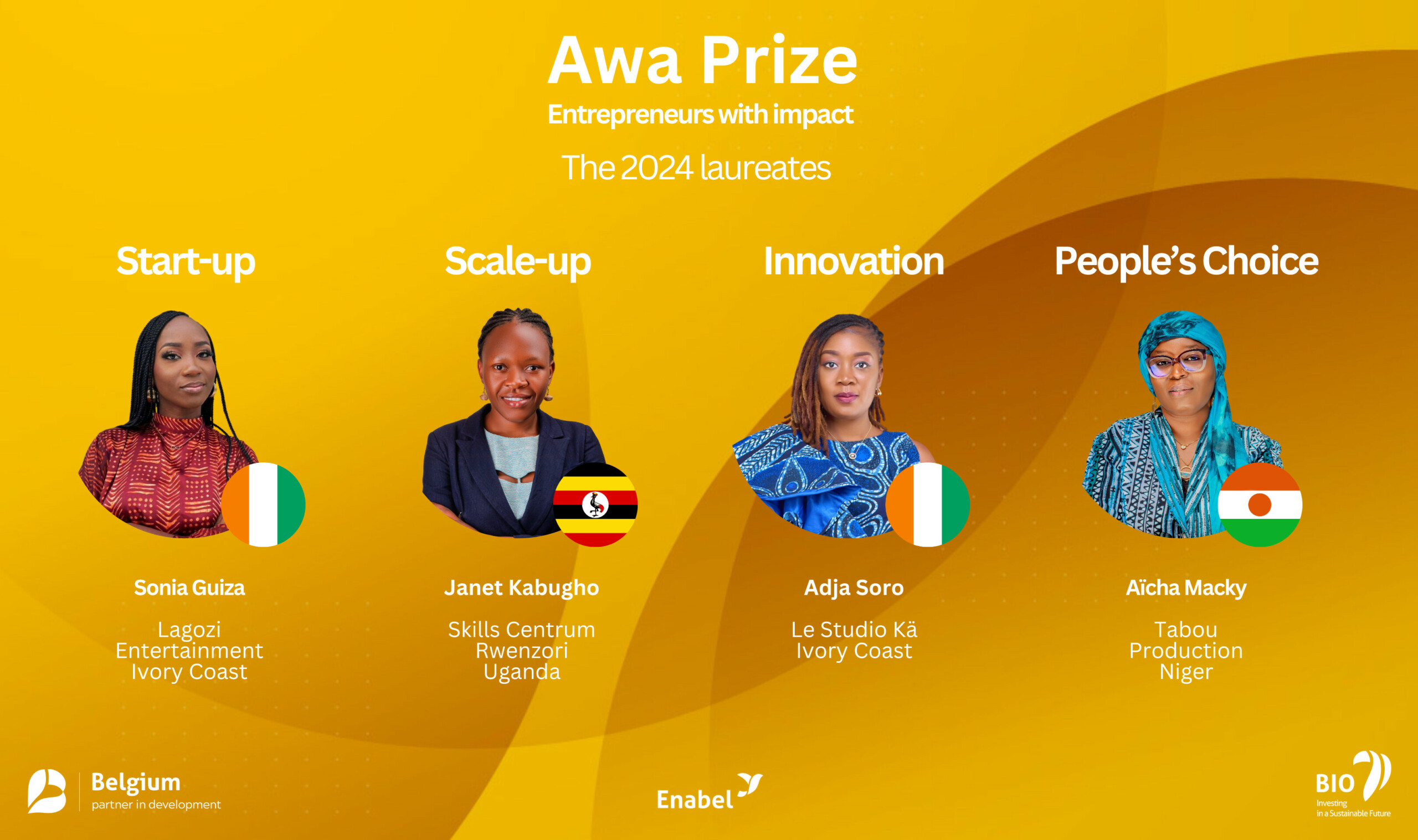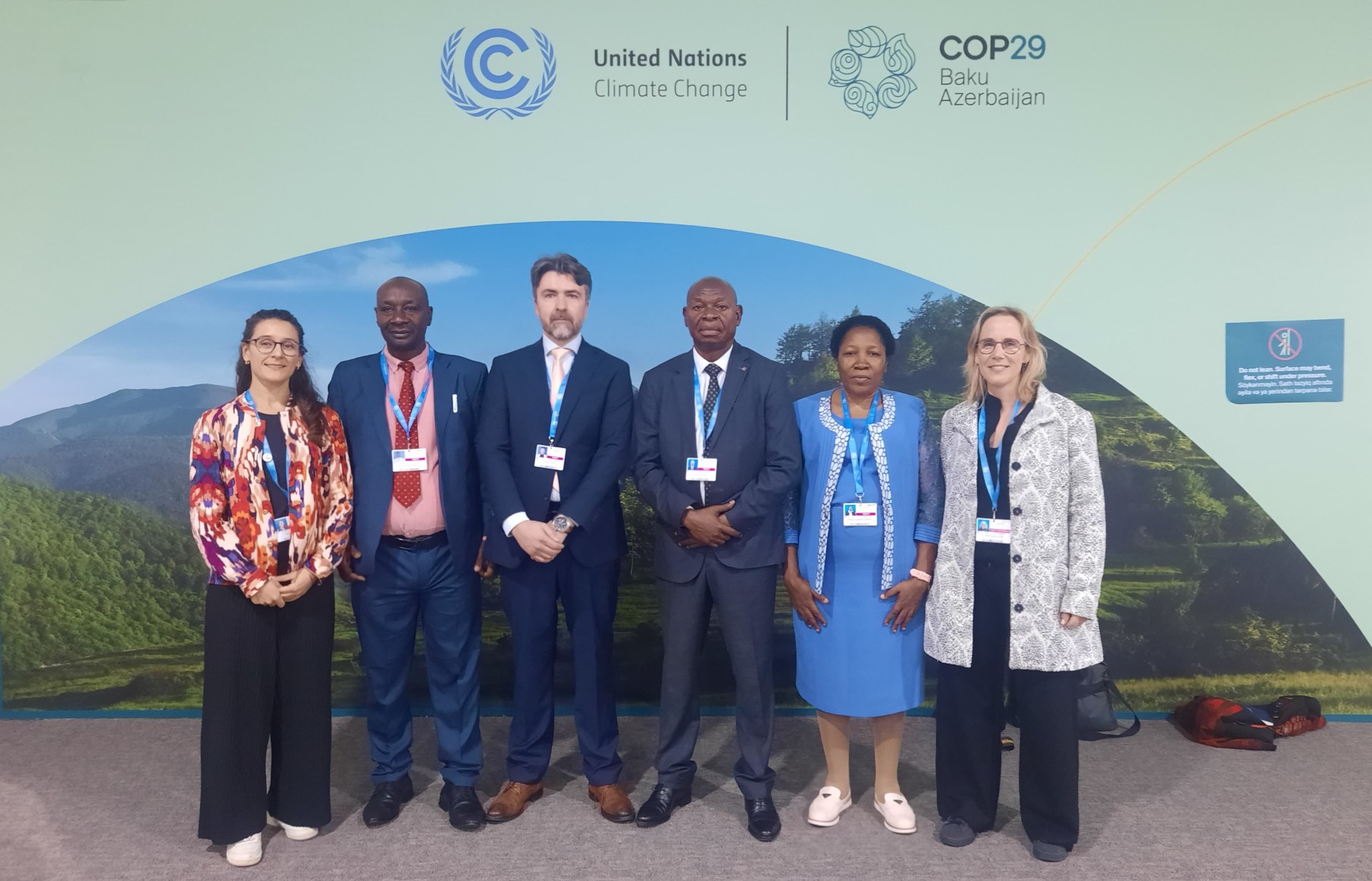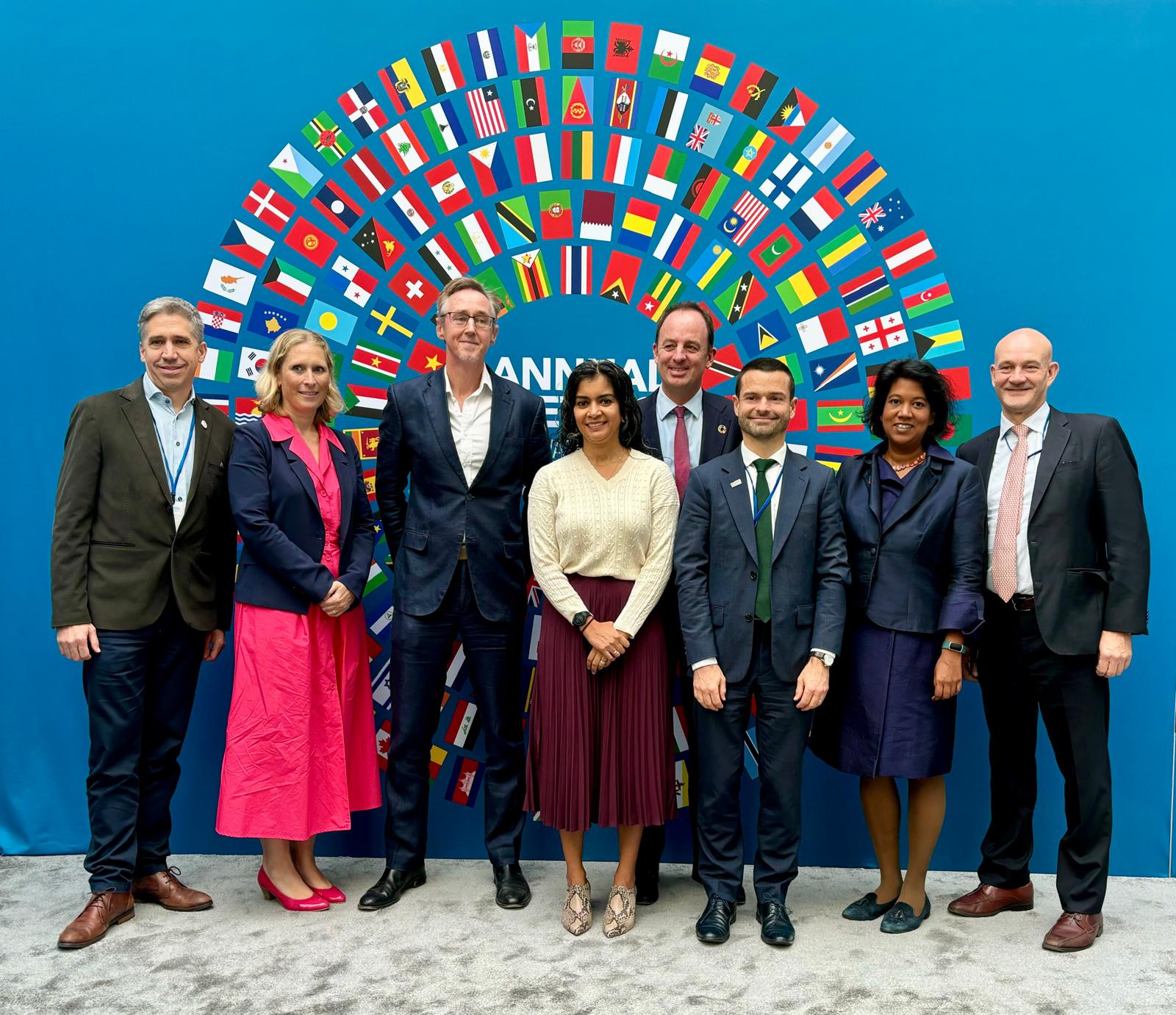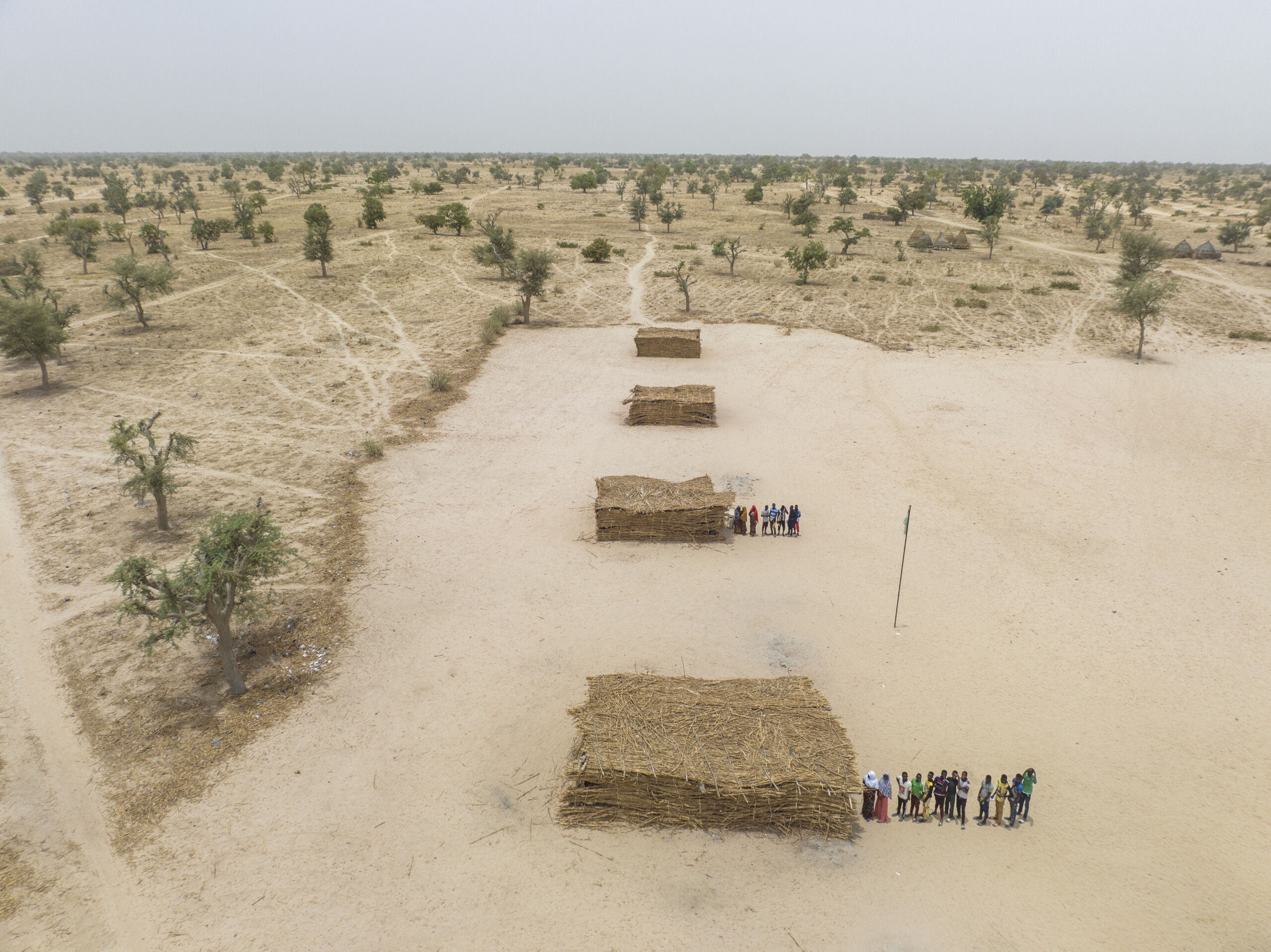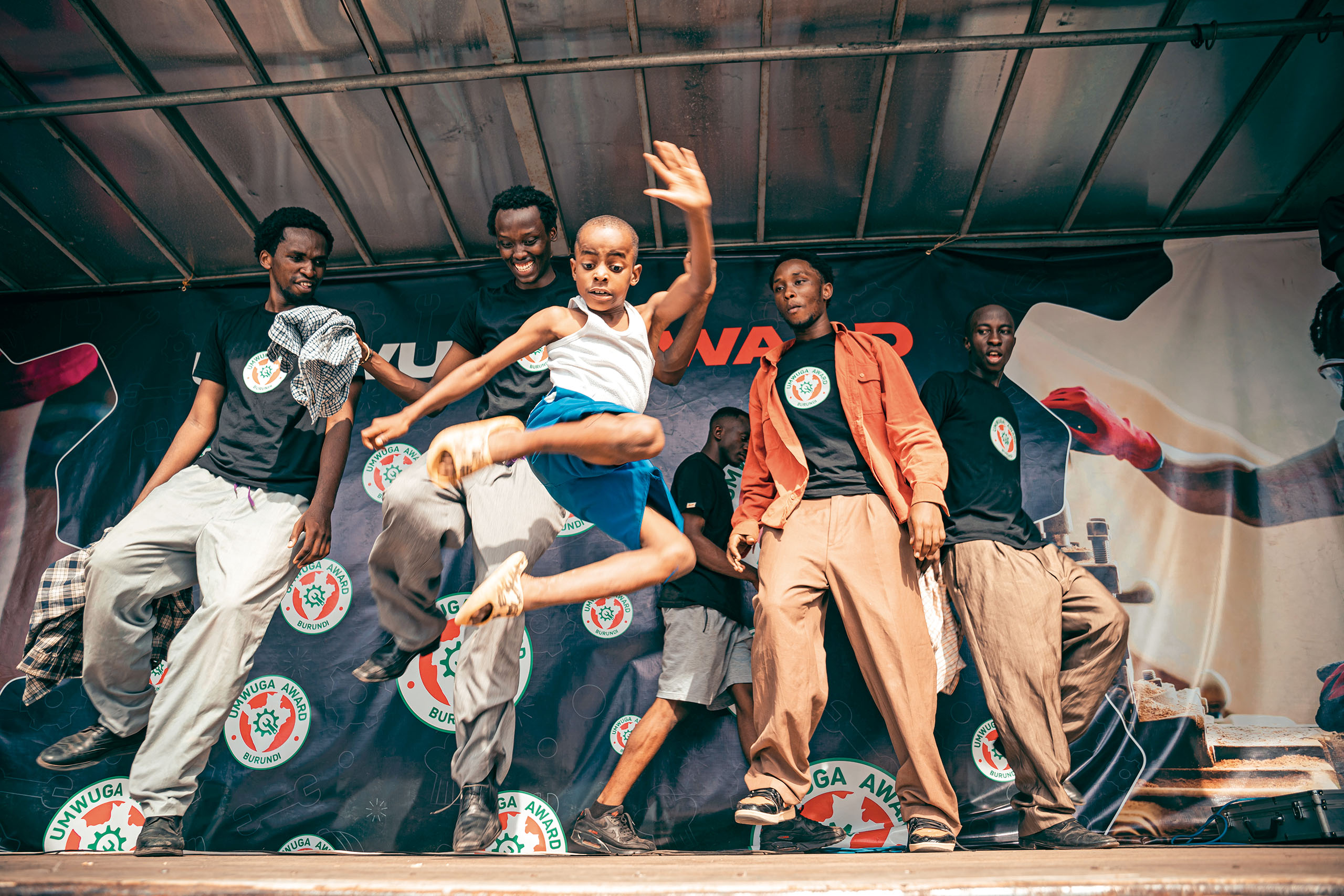COP27: Sahel youth want to participate in setting the Climate Agenda
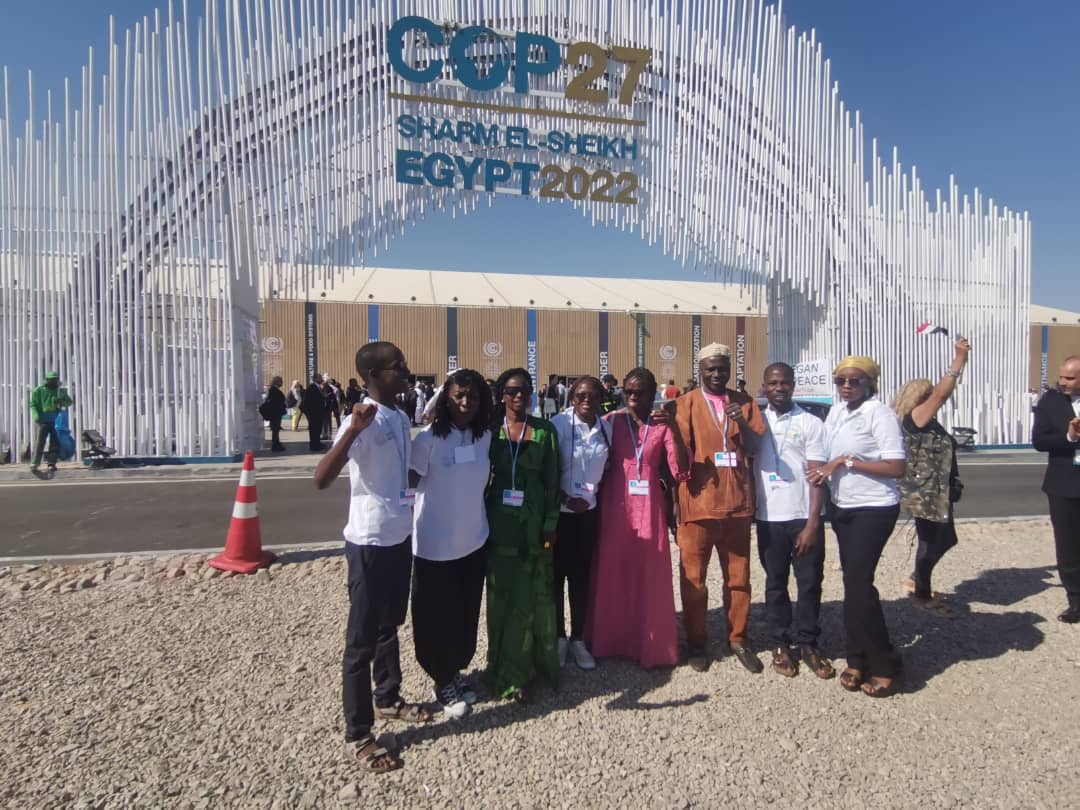
Eight young people from Burkina Faso, Niger, Mali and Senegal, four Sahel region countries, took part in the Climate Summit in Egypt. On 16 November, they testified on what climate change means to them. That was during a debate organised by the Belgian development agency Enabel under the title Youth Setting the Climate Agenda – National, Regional, and Global Action.
The Belgian Development Cooperation pays ever increasing attention to climate change in its activities. In October 2022, the Belgian regional climate programme for the Sahel was launched. It was the first time that Belgium invested in a cross-border programme with a specific climate focus.
The desert region of the Sahel is particularly exposed to climate change, which has serious consequences for local agricultural development. Further decline due to prolonged droughts and desertification would place even more pressure on the stability of the region and the livelihood prospects of its inhabitants.
In the framework of the Sahel Climate Programme, the Belgian development agency Enabel selected eight young people from Burkina Faso, Mali, Niger and Senegal to participate in a debate, in collaboration with the international platform We Are Tomorrow Global Partnership (WAT-GP), which represents organisations from eleven countries. This event aims to draw attention to climate actions of young people around the world and, ultimately, to involve them more in the decision-making process. The youth also wanted to use this meeting in Egypt to share experiences and reflect on how they can collaborate across borders to align and consolidate their actions.
Young people are indeed heavily impacted by climate change. Their homes, incomes and prospects are threatened by global warming and increasingly frequent natural disasters. Yet young people are rarely involved in decision-making on issues that affect them. Therefore, it is important to provide them with a platform to express their vision of the future and cooperate across borders.
The Belgian Minister for Development Cooperation Frank Vandenbroucke was represented at the debate by his climate advisor Alexander Verstraete, who introduced the debate. Young people from four continents spoke about how climate change is impacting their lives and what they do about it.
“It is very important that these young people have a voice in the climate debate. The decisions made today will determine their future. And their testimonies are essential to get an idea of what climate change is. I am therefore very pleased that with the climate programme for the Sahel, we are making the region more resilient to climate shocks. Together with the local population, we contribute to the ‘Great Green Wall’ to prevent desertification of valuable agricultural land,” said Minister Vandenbroucke.
Balkissa Daoura, who is from Niger, holds environmental degrees from Senegal and Australia. For several years now, she has been a project leader for Young Volunteers for the Environment (YVE), an organisation that works with vulnerable youth on land restoration, urban reforestation, plastic pollution and environmental education.
“I have been studying and working in the field of climate change for ten years, but my colleagues and I still feel like pioneers because there are still not enough people invested in the cause. Young people, and certainly those who are vulnerable, are paying a heavy price for the consequences of climate change. It is important that we make our voices heard at this climate summit, because natural resources are limited and our future is at stake,” said Balkissa.
Yero Sarr, who is from Senegal and studies physics and chemistry, is the founder of the Senegalese branch of Fridays for Future Senegal, a movement that encourages young people to participate in demonstrations against climate change every Friday. According to Forbes Africa, he is one of the 30 most influential young Africans under the age of 30. Yero had a clear message to convey:
“We are here at the Climate Summit to tell the world’s leaders about the effects of climate change on our environment. Global warming is a harsh reality that calls for cross-border action. Act now, not tomorrow.”
